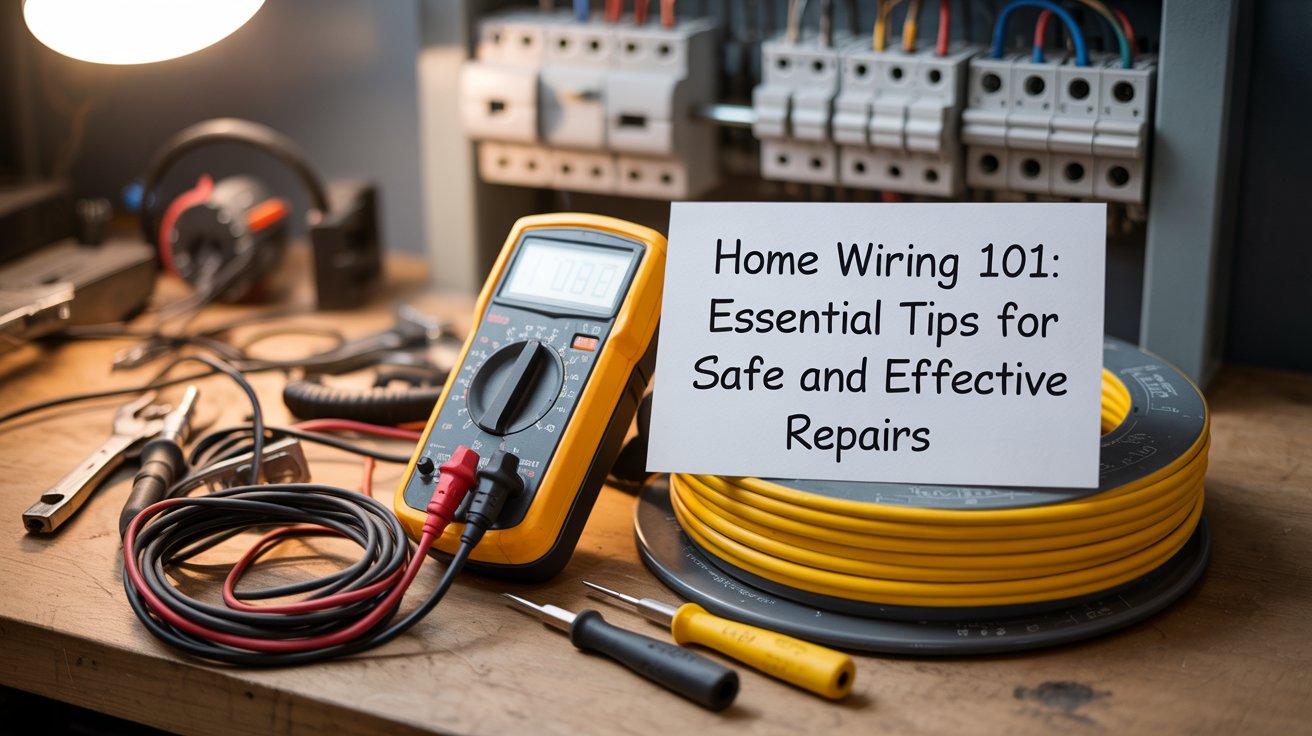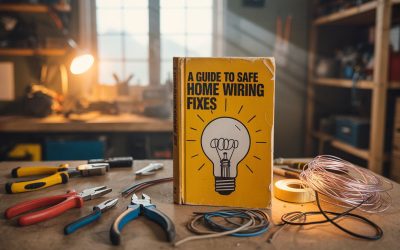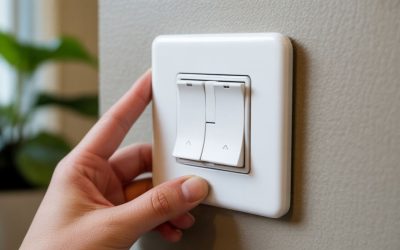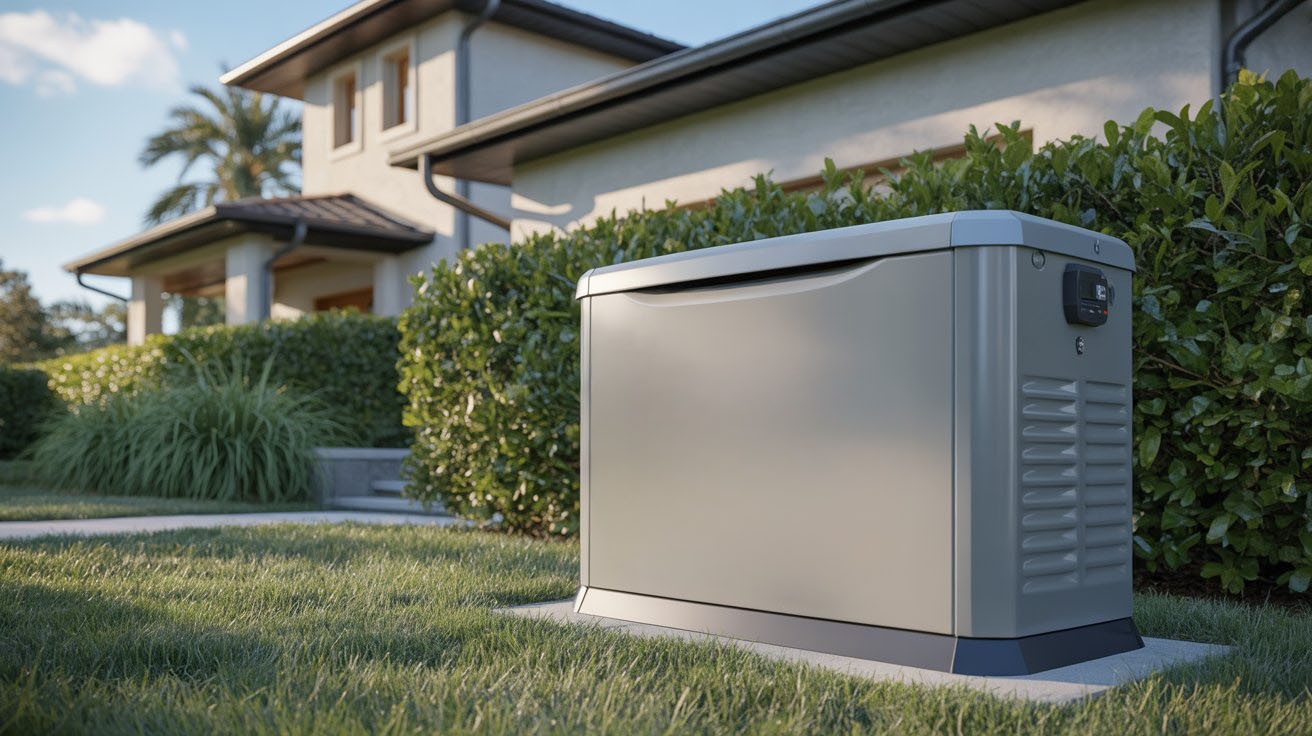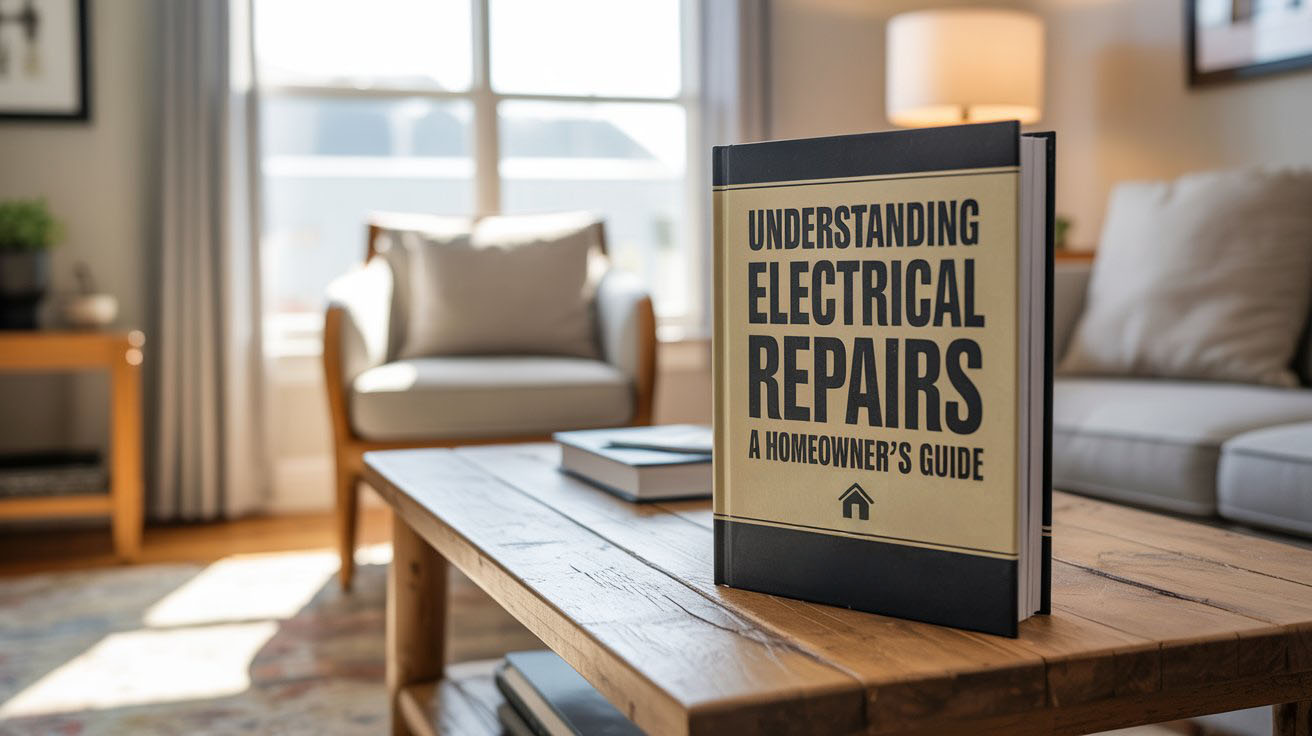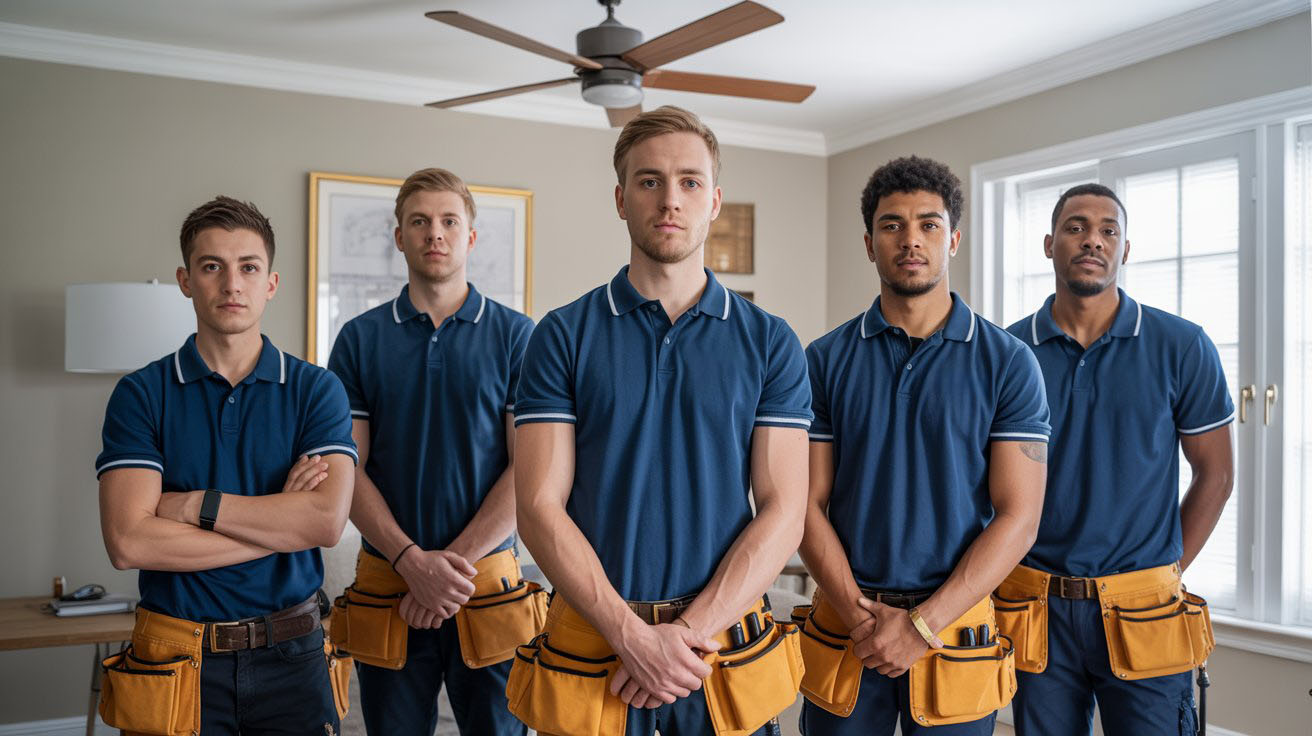Home wiring can seem daunting, but understanding the basics is essential for safe and effective repairs. This guide will help you navigate the world of electrical systems, ensuring that your home remains safe and functional.
Table of Contents
- Safety Tips for Home Wiring
- Basic Tools You’ll Need
- Common Wiring Repairs
- When to Call an Electrician
- Key Takeaways
- Frequently Asked Questions
Safety Tips for Home Wiring
Staying safe during electrical repairs is the top priority. Before you start any work, ensure you take the following precautions:
- Turn off the power at the main disconnect or breaker panel.
- Use insulated tools to minimize the risk of electric shock.
- Wear rubber-soled shoes to provide sound insulation against electric current.
- Test wires and outlets with a non-contact voltage tester before touching.
- Never work on live wires or circuits.
It’s essential to familiarize yourself with your home’s electrical system. Understand how the circuits are arranged and what each breaker controls. This knowledge can help prevent dangerous situations during repairs.
Basic Tools You’ll Need
Having the right tools can make your repairs easier and more efficient. Here’s a list of essential tools for home wiring tasks:
- Wire stripper
- Screwdrivers (both flathead and Phillips)
- Pliers (needle-nose and standard)
- Tape measure
- Multimeter
- Electrical tape
- Wire nuts
- Utility knife
Each tool serves a specific purpose, so ensure you have them readily available before starting your project. Investing in good-quality tools can also make repairs easier and safer.
Common Wiring Repairs
Most homeowners can manage a few simple wiring repairs. Here are some everyday tasks you might consider:
Replacing a Light Fixture
To replace a light fixture, follow these steps:
- Turn off the power and verify it using a voltage tester.
- Remove the old fixture by unscrewing it and disconnecting the wires.
- Connect the new fixture wires to the existing wiring, ensuring the colors match (black to black, white to white).
- Secure the fixture and turn on the power to test.
Fixing a Broken Outlet
If an outlet is not working, replace it with:
- Turning off the power to the outlet.
- Removing the old outlet from the wall.
- Connecting the wires to the new outlet in the same configuration.
- Mounting the outlet and turning the power back on.
Rewiring a Circuit
For more complex issues, you may need to rewire a circuit. This task involves:
- Identifying and turning off the specific circuit on the breaker panel.
- Removing the old wiring and gauge to get the correct size wire.
- Running the new wire through the walls to replace it.
- Connecting the new wiring to the circuit and mounting it safely.
When to Call an Electrician
While DIY repairs can be rewarding, some situations require professional assistance. Consider calling an electrician if:
- You feel uncomfortable or unsure about the repair process.
- You notice frequent circuit breaker trips or blown fuses.
- You see sparks or smell burning when using an outlet.
- There are outdated or non-compliant wiring setups in your home.
Hiring a qualified electrician ensures that your home meets safety standards and reduces the risk of accidents.
Key Takeaways
- Always prioritize safety and turn off the power before starting any repairs.
- Have essential tools ready to simplify your wiring tasks.
- Know common repairs to enhance your home’s electrical system.
- Recognize when it’s best to seek help from a licensed electrician.
Frequently Asked Questions
What kind of work can I do without an electrician?
You can safely perform minor tasks, such as replacing light fixtures, switches, and outlets, as long as you follow safety guidelines.
How do I know if my wiring needs to be updated?
If your home is older, experiences frequent electrical issues, or doesn’t meet current building codes, it may be time for an upgrade.
Can I fix a tripped circuit breaker myself?
Yes, you can reset a tripped breaker, but if it keeps tripping, it may indicate an underlying issue requiring a professional’s attention.
Is it safe to work on electrical systems without prior experience?
It’s best to have some knowledge before working on electrical systems. Safety should always come first. If you’re unsure, consult with a professional.
If you’re ready to tackle your wiring issues or need assistance, please contact us today.

